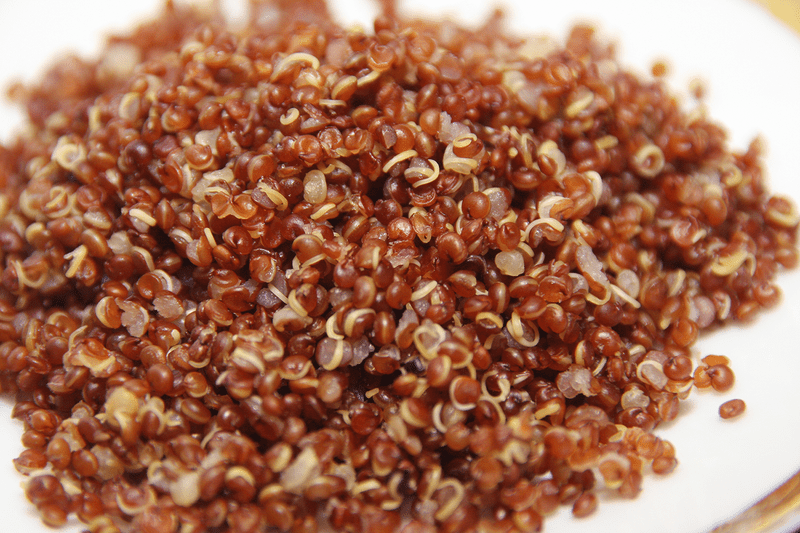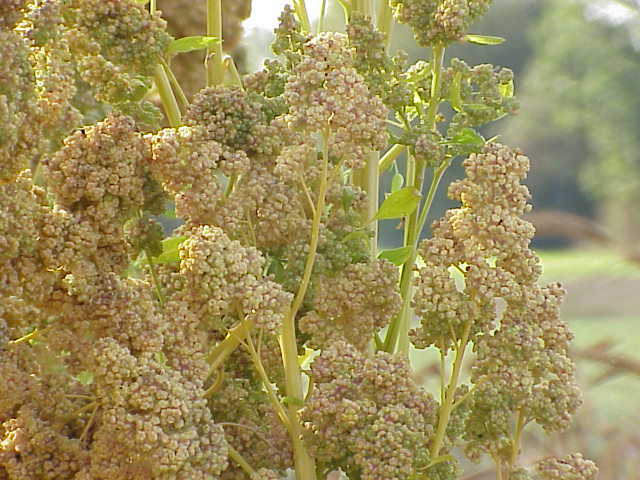You wouldn’t think that a crop that grows at high elevations in the mountains of Bolivia could be farmed in flat sea-level soil in Denmark. But a new experimental project is looking to do exactly that.
Quinoa, a grain crop known for its healthy nutrients and edible seeds that has become a favourite worldwide with hipsters and others, is being grown near Rødby in Lolland as part of an attempt to see if it is viable to harvest in Denmark. So far, the results look promising.
“In mid-September we will harvest the first tonne of Lollandic quinoa, and the first reports from the retail industry look promising,” Steffen Lund, a business developer in Business Lolland-Falster, told DR Nyheder.
“It looks as if it is a crop they are interested in having on their shelves.”
READ MORE: New EU climate quotas could result in fewer Danish farm animals
Gluten-free protein beast
And the price seems to be right for the farmers too. Quinoa is sold in shops at 100-125 kroner per kilo and the island’s beet farmers won’t need to invest in new equipment because their beet farming equipment can also be used to harvest quinoa.
Business Lolland-Falster is behind the project, while seed producer Syngenta will be in charge of the sowing, harvesting and researching aspects of the project.
Quinoa is rich in protein and gluten-free and has been harvested for 6,000 years in the Andes mountains.
The crop has now been cultivated commercially in the US and several European countries, including France, the UK, the Netherlands, Belgium, Spain and Germany.
















